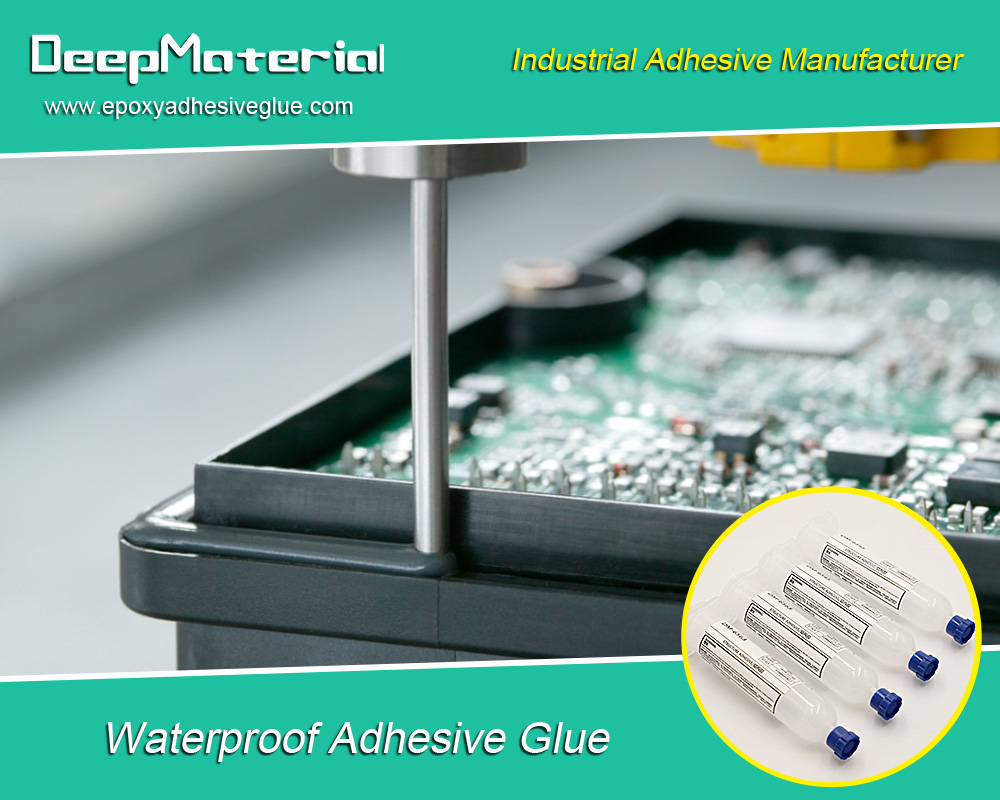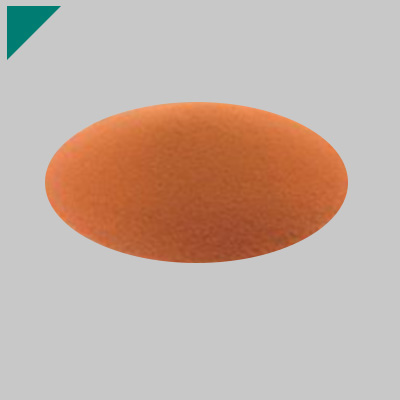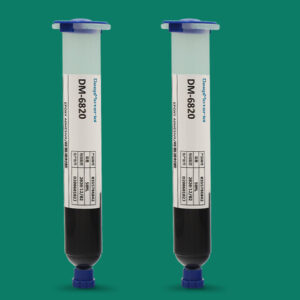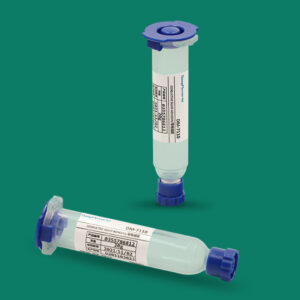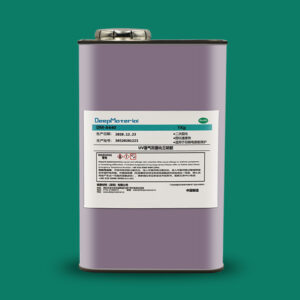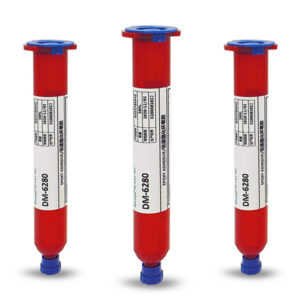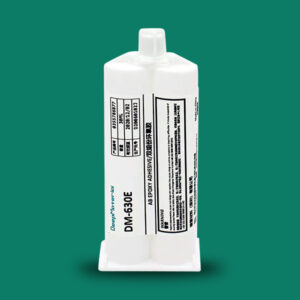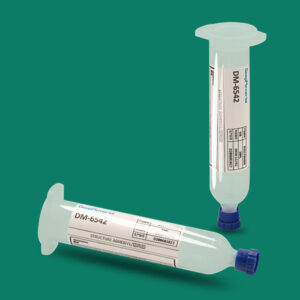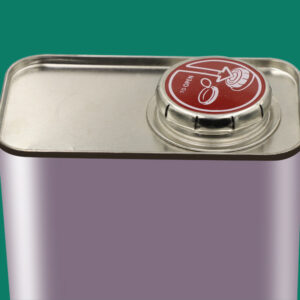The Best Epoxy Glue for Plastic: A Comprehensive Guide
The Best Epoxy Glue for Plastic: A Comprehensive Guide
Epoxy glue is a versatile and robust adhesive widely used for various applications, from DIY projects to industrial repairs. Choosing a suitable epoxy glue is crucial for ensuring a solid and durable bond when bonding plastic. This guide explores the best epoxy glues for plastic, their features, and how to use them effectively.
What is Epoxy Glue?
Epoxy glue is a two-part adhesive consisting of a resin and a hardener. When mixed, these components undergo a chemical reaction that results in a strong, rigid bond. Epoxy adhesives are known for their excellent adhesion to various materials, including metals, wood, ceramics, and, notably, plastics.
Why Use Epoxy Glue for Plastic?
Plastic is difficult to bond due to its smooth, non-porous surface and varying chemical compositions. Many traditional glues struggle to adhere to plastic effectively. Epoxy glues, however, are designed to bond with the surface of plastics, providing a strong and long-lasting adhesion. They are resistant to water, chemicals, and temperature variations, making them ideal for indoor and outdoor applications.
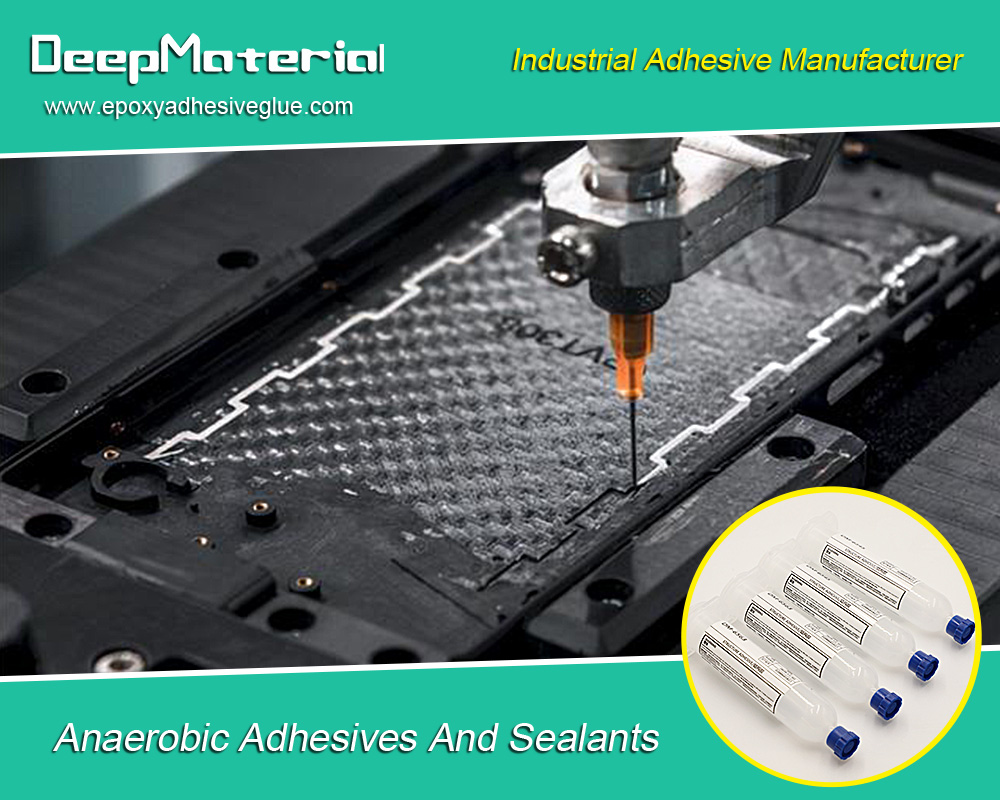
Key Factors to Consider
Before diving into the best epoxy glues for plastic, it’s essential to understand the key factors to consider when choosing an epoxy adhesive:
- Type of Plastic: Different plastics have different properties. Some common types of plastic include polyethylene (PE), polypropylene (PP), polyvinyl chloride (PVC), and acrylonitrile butadiene styrene (ABS). Ensure that the epoxy you choose is compatible with the specific type of plastic you are working with.
- Cure Time: Epoxy glues have varying cure times. Some set quickly within minutes, while others may take several hours to cure fully. Choose an epoxy with a cure time that fits your project needs.
- Strength: Consider the strength of the bond required for your project. For heavy-duty applications, opt for an epoxy with a higher tensile strength.
- Temperature and Chemical Resistance: If the bonded plastic will be exposed to extreme temperatures or harsh chemicals, choose an epoxy that is highly resistant to these conditions.
- Ease of Use: Some epoxy glues come in dual-syringe dispensers that automatically mix the resin and hardener, while others require manual mixing. Choose a product that matches your comfort level with application techniques.
Top Epoxy Glues for Plastic
Based on these criteria, here are some of the best epoxy glues for plastic available on the market:
J-B Weld PlasticWeld
Features:
- Type of Plastic: Suitable for ABS, PVC, CPVC, and most other plastics.
- Cure Time: Sets in 5 minutes and cures in 1 hour.
- Strength: Provides a tensile strength of 3900 PSI.
- Temperature Resistance: Withstands temperatures up to 250°F.
- Ease of Use: Comes in an easy-to-use syringe for precise application.
Pros:
- High strength and quick curing.
- Versatile compatibility with various plastics.
- Water-resistant once cured.
Cons:
- Strong odor during application.
- Limited working time before it sets.
Ideal For: DIY projects, automotive repairs, and household fixes.
Devcon Home Plastic Steel Epoxy
Features:
- Type of Plastic: Bonds with various plastics, including ABS and PVC.
- Cure Time: Sets in 30 minutes and fully cures in 16 hours.
- Strength: Tensile strength of 2500 PSI.
- Temperature Resistance: Handles up to 200°F.
- Ease of Use: Requires manual mixing of the resin and hardener.
Pros:
- Robust and durable bond.
- Good resistance to chemicals and solvents.
- Suitable for heavy-duty applications.
Cons:
- Longer curing time.
- Requires careful mixing for optimal results.
Ideal For: Industrial applications, marine repairs, and structural bonding.
Gorilla Epoxy
Features:
- Type of Plastic: Works well with most types of plastic, including polycarbonate and acrylic.
- Cure Time: Sets in 5 minutes and cures in 24 hours.
- Strength: Offers a tensile strength of 3300 PSI.
- Temperature Resistance: Resistant up to 200°F.
- Ease of Use: Features a syringe applicator for easy dispensing and mixing.
Pros:
- Solid and precise finish.
- Quick setting time.
- Resistant to water and solvents.
Cons:
- Slightly longer curing time compared to fast-setting epoxies.
- Not ideal for high-temperature applications.
Ideal For: General repairs, crafts, and plastic furniture fixes.
Loctite Epoxy Plastic Bonder
Features:
- Type of Plastic: Formulated for bonding polyolefin plastics like PE, PP, and TPO.
- Cure Time: Sets in 20 minutes and fully cures in 24 hours.
- Strength: Provides a tensile strength of 3770 PSI.
- Temperature Resistance: Withstands temperatures up to 300°F.
- Ease of Use: Dual-syringe applicator ensures precise mixing.
Pros:
- Excellent for difficult-to-bond plastics.
- High-temperature resistance.
- Forms a strong, impact-resistant bond.
Cons:
- Longer setting and curing time.
- Requires surface preparation for best results.
Ideal For: Automotive parts, outdoor equipment, and polyethylene repairs.
PC Products PC-Clear Epoxy Adhesive
Features:
- Type of Plastic: Compatible with most plastic types.
- Cure Time: Sets in 4 minutes and cures in 24 hours.
- Strength: Tensile strength of 2400 PSI.
- Temperature Resistance: Withstands up to 200°F.
- Ease of Use: Clear formulation is ideal for invisible repairs.
Pros:
- Clear finish for aesthetic repairs.
- Quick setting time.
- Easy-to-use syringe applicator.
Cons:
- Lower tensile strength compared to other epoxies.
- Not suitable for high-stress applications.
Ideal For: Clear repairs, crafts, and minor household fixes.
How to Use Epoxy Glue for Plastic
Using epoxy glue for plastic involves a few critical steps to ensure a strong and durable bond:
- Surface Preparation: Clean the surfaces to be bonded thoroughly to remove dirt, grease, or oils. Lightly sand the surfaces to create a rough texture for better adhesion.
- Mixing: If using a manual-mix epoxy, combine the resin and hardener in the recommended ratio. Mix thoroughly until the blend is consistent. The resin and hardener are mixed as they are dispensed for dual-syringe applicators.
- Application: Apply the mixed epoxy to one of the surfaces using a spatula, stick, or the syringe tip. Spread evenly to cover the bonding area.
- Joining: Press the two surfaces together firmly and hold them in place. Use clamps or weights if necessary to maintain pressure during the curing process.
- Curing: Allow the epoxy to cure according to the manufacturer’smanufacturer’s instructions. Avoid disturbing the bond during this period to ensure maximum strength.
Safety Precautions
When working with epoxy glues, it’s essential to follow safety guidelines:
- Ventilation: Work in a well-ventilated area to avoid inhaling fumes.
- Protective Gear: Wear gloves and safety glasses to protect your skin and eyes from contact with the epoxy.
- Storage: Keep epoxy products out of reach of children and pets. Store in a cool, dry place to extend shelf life.
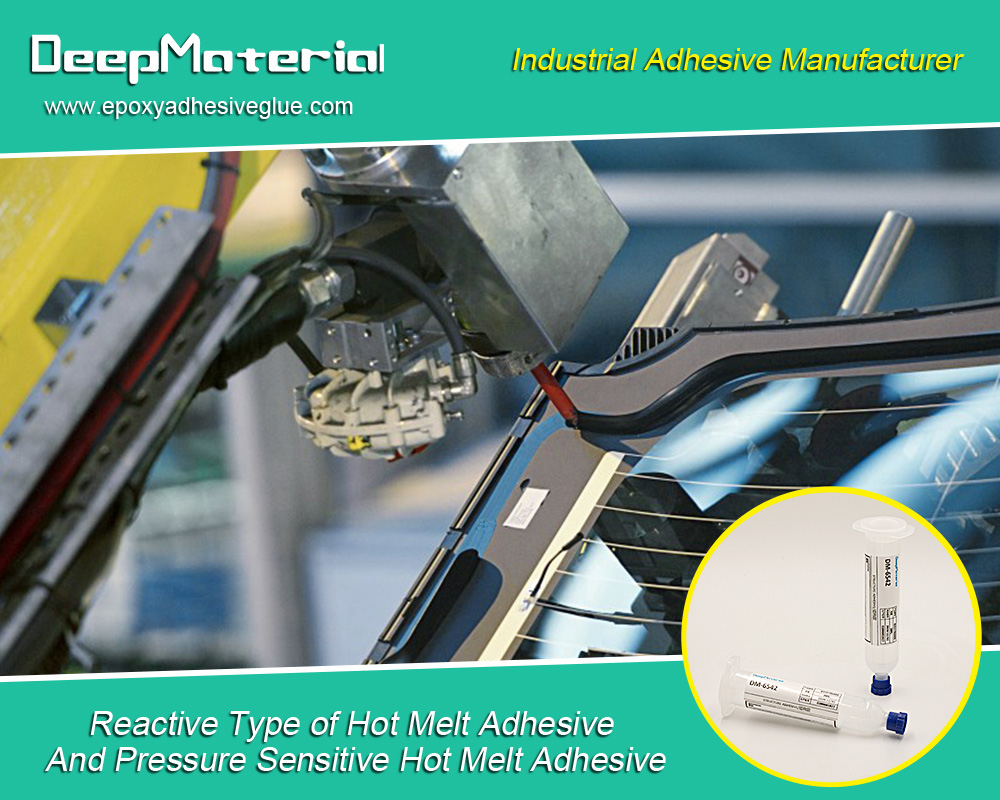
Conclusion
Choosing the best epoxy glue for plastic requires careful consideration of the type of plastic, strength requirements, cure time, and application method. The products listed above are among the best available, offering a range of features suited to different needs and projects. You can achieve strong, durable bonds for all your plastic repair and bonding needs by following proper usage and safety guidelines.
Epoxy adhesives have revolutionized how we handle repairs and projects involving plastic materials. Their versatility, strength, and durability make them indispensable tools for DIY enthusiasts, professionals, and industrial applications. Whether you’re fixing a broken toy, repairing a car part, or embarking on a creative project, suitable epoxy glue can make all the difference.
For more about choosing the best epoxy glue for plastic: a comprehensive guide, you can pay a visit to DeepMaterial at https://www.epoxyadhesiveglue.com/category/epoxy-adhesives-glue/ for more info.


